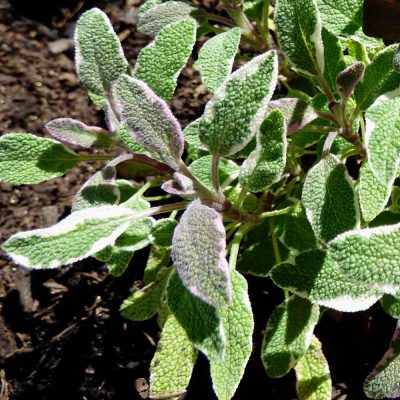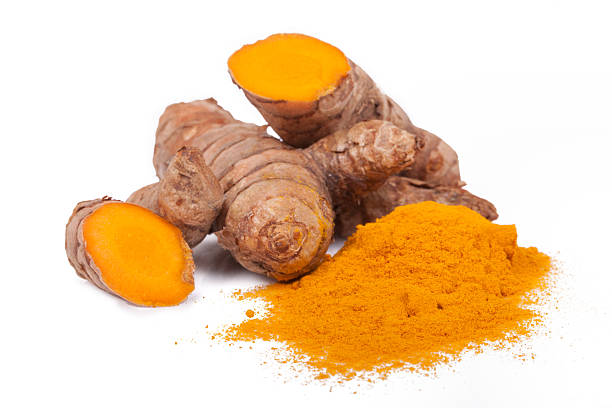Chinese herbal impacts on gut health
Sep
17
 Radix Scutellariae also known as baical skullcap seed/ root is the root of Scutellaria baicalensis, the source of the 2,000 year old Chinese medicine Huang Qin.
Radix Scutellariae also known as baical skullcap seed/ root is the root of Scutellaria baicalensis, the source of the 2,000 year old Chinese medicine Huang Qin.
Another clinical study involving ten obese Korean women was conducted to investigate the antiobesity activity of the water extract of Ephedra sinica Stapf. This study revealed that, in seven of the ten obese women, BW and body mass index (BMI) were decreased after administration of this herb. (source: State Key Laboratory of Natural Medicines, Jiangsu Key Laboratory of Carcinogenesis and Intervention, Department of Basic Medicine, School of Basic Medicine and Clinical Pharmacy, China Pharmaceutical University, 24 Tongjiaxiang, Nanjing 210009, China. Contact Qinglong Guo; qinglongguo@hotmail.com and Na Lu; nalu@cpu.edu.cn). ).





